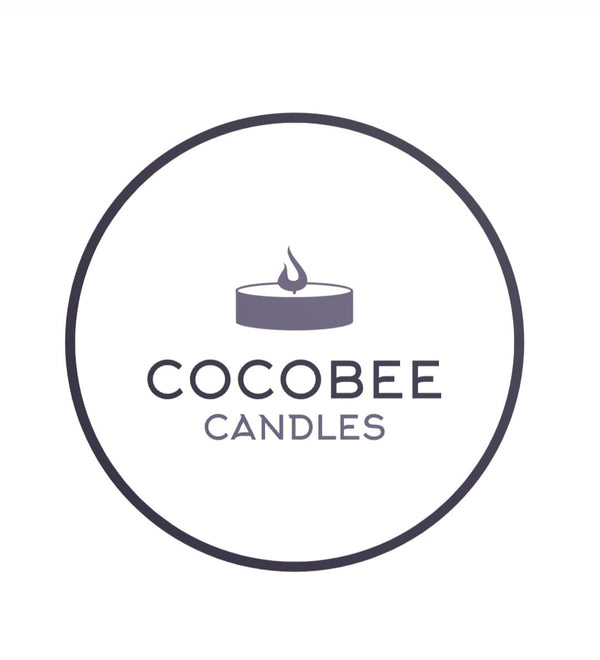Why I Don't Participate in Cacao Ceremonies
Share
 I was born in Venezuela — a land where cacao is part of our daily life, our history, and our identity. In Venezuela, cacao has always been a source of pride and a path to freedom.
I was born in Venezuela — a land where cacao is part of our daily life, our history, and our identity. In Venezuela, cacao has always been a source of pride and a path to freedom.
Back in the 17th century, many enslaved Africans escaped to Chuao, a remote valley where cacao and freedom grew side by side. The Criollo cacao from this region is now considered some of the best in the world, prized for its complex flavor and smooth texture.
Today, cacao ceremonies have become popular worldwide, often described as ancient, open-hearted mystical rituals. While I appreciate the intention — slowing down, connecting, being mindful — for me as a Venezuelan, cacao is not an exotic ingredient or a spiritual novelty. It’s a gift from our land that doesn’t need to be ritualized to be respected.
I drink cacao husk every day, and its benefits are undeniable.
But lately, I’ve been watching how the world markets cacao — wrapped in crystals, paired with chants from faraway lands, mixed with deities that have nothing to do with our soil.
It is surprising to see how attaching the word “ceremonial” can inflate its price, when in Venezuela, cacao husk is often given away for free as part of the process of making cacao paste.
I have many friends and loved ones who deeply honor cacao, and I respect them wholeheartedly. After all, the intention is to connect with our spirituality. It reminds me of my grandmother asking me to go to church every Sunday—I would go out of respect for her culture. Seeing her so joyful as I received the host, knowing that there were good intentions behind our visits, was enough for me to share in her ritual.
In the same way, I honor cacao in my own simple, everyday way—grateful for its gifts and the stories it carries. For me, that is the truest form of respect and the reason why I don’t participate in Western cacao ceremonies.
Rosa | CocoBee
